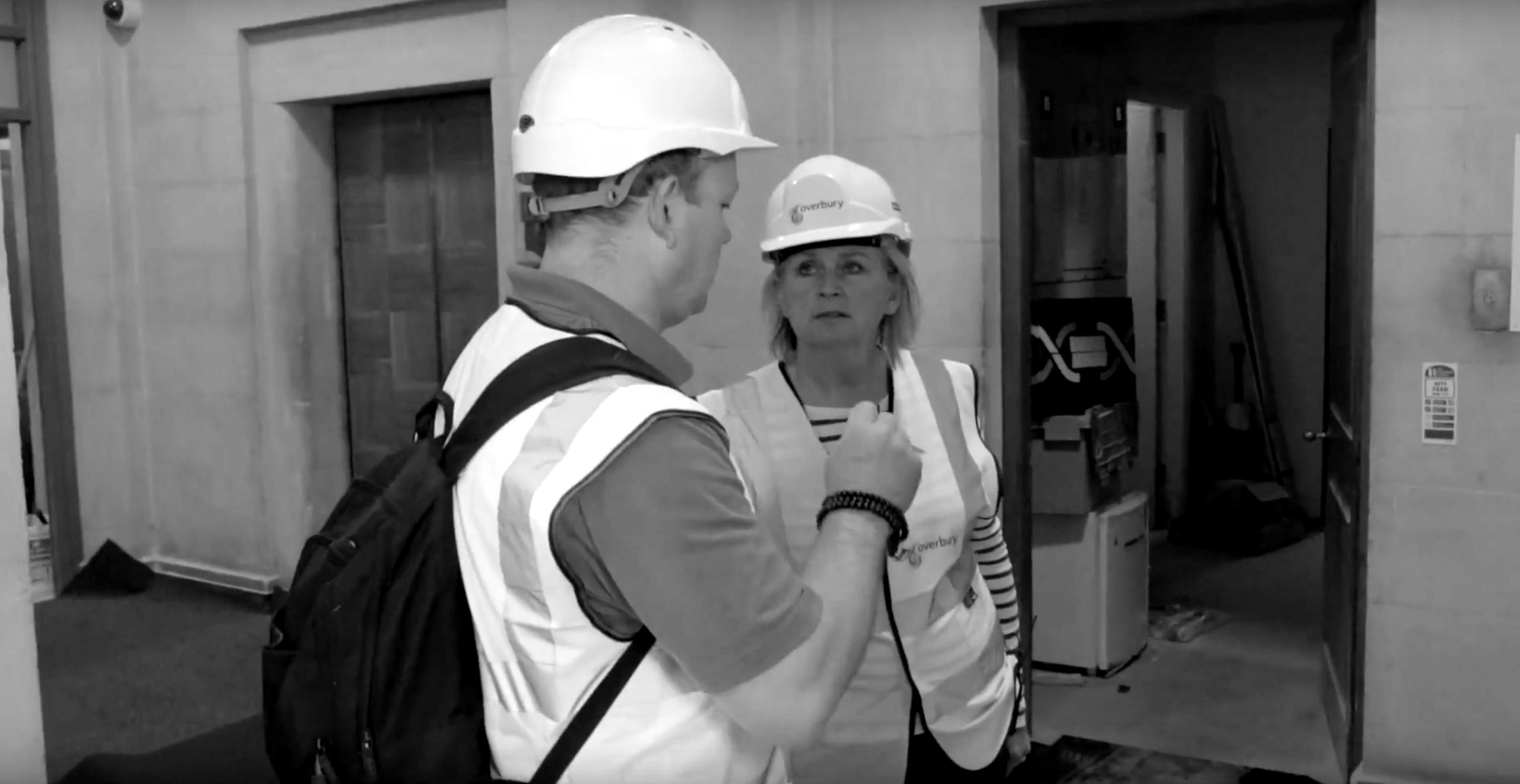— The PLACEmaking blog
How ways of working will have changed after the COVID-19 pandemic
Author
Alison White and Fintan BurkeDate
June 2, 2020‘Do we have to go back to how we were before – is there not a better way?’
Lord O’Donnell former head of Civil Service 2005-2011
This extraordinary period will surely demonstrate, in no uncertain terms, that the traditional approach to how many of us go to work in offices is no longer fit for purpose. Pre-conceived ideas about the viability of remote working have suddenly been challenged, and how organisations adapt to this new way of working could well determine their future. The move away from traditional, office-based work culture towards more agile ways of work has been predicted by many for years but we now find ourselves in a situation where it has almost instantly been widely imposed with minimal preparation. A change of this magnitude would, in an ideal world, come about through gradual change and evolution. But this is not an ideal world, and while this disruption to our working lives has been caused by tragic circumstance there is the opportunity to embrace positive changes to how we work in the future and not default to how things were before the COVID-19 lockdown.
Many of the questions about whether it is possible to operate effectively as an organisation through use of remote technology have been answered. There may be teething problems associated with trying out unfamiliar technology, and remote technology will never fully replace face to face interaction, but the doubts surrounding whether it is possible to work with our teams from a distance will have, in many cases, been proven unfounded. The UK prime minister was able to lead the country whilst personally self-isolating using Zoom video calls and UK parliament resumed post Easter with members using technology systems to operate from their own homes.
This crisis has forced small, medium and large-scale enterprises across multiple sectors to innovate, adopting new working patterns and practices and accelerating investment in the business systems enabling staff to work effectively whilst remote from the office. What will need to be addressed in the fallout from this virus will be whether those efforts were justified only for the short term and they will automatically fall back into ‘business-as-usual’, or whether they will seize the opportunity to adapt to a new way of working, building on the lessons learned during the crisis. Forward thinking organisations are examining how they responded to the demands of this imposed social distancing period and using that experience to inform them how to maintain the momentum of change and embed technology enabled new ways of working.
Technology aside, these enforced conditions are facilitating individuals to have a rethink too. Sudden, unexpected changes to well established working practices can of course be traumatic for some, but for many this period of disruption has created the opportunity for a temporarily pause, a time for reflection and consideration of what it means to ‘go to work’. There could be acceptance if not a positive demand for changes to their way of working and a rebalance of the work and life. For those who faced a particularly gruelling commute or forced to pay hefty amounts for parking or public transport, the current demonstration that remote working is possible and viable will raise questions over whether daily travel to the office was ever really necessary or just the consequence of lack of development of new management solutions in this digital world to achieve productive outcomes based on engagement and trust in place of face to face instruction and ever present presenteeism. Now that it has been established that remote working can actually work, organisations will have to recognise that agile ways of working are not only possible but increasing a recruitment demand of the talent organisations need to attract and retain.
Even in this new remote working world, ‘places’ to come together will still relevant but the offer will have to change. No longer desk dominated offices, the focus will be on event style knowledge sharing, cultural refreshment, mentoring and networking. Not only will organisations have to improve the physical environment, they will also have to improve the quality of the time spent in such places with greater levels of investment in smaller volumes of space and changes in tenure. This will represent a dramatic shift in not only what our chosen workplaces look like but also how commercial property is valued, operated and serviced.
As a result of this global pandemic, many of us mourn the loss of some aspects of our day to day lives but this could be a catalyst for positive work related change. Will PLACEmaking’s pre-pandemic prediction that HQ offices will shrink in scale and will growth in distributed, community based co-working and hub spaces rather than traditional centralised office spaces be realised? ‘Normal’ life has been upended, and change is inevitable. When the time comes to examine what has happened and how it has affected us there comes a real opportunity to adapt to this change. Old, outdated ways of working that were still being clung to by some have been shown to be obsolete and with that a need for change will become of paramount importance. It is vital that we seize this as an opportunity and not squander the chance to make meaningful, positive changes to the way we work. Organisations have an opportunity to shift their accommodation strategies in preparation for this unique period to end, leading to radically different ways of working becoming the new standard.
Subscribe to our mailing list
Let's Work Together
Office
Box 18, Boxworks
Clock Tower Yard,
Bristol BS1 6QH

